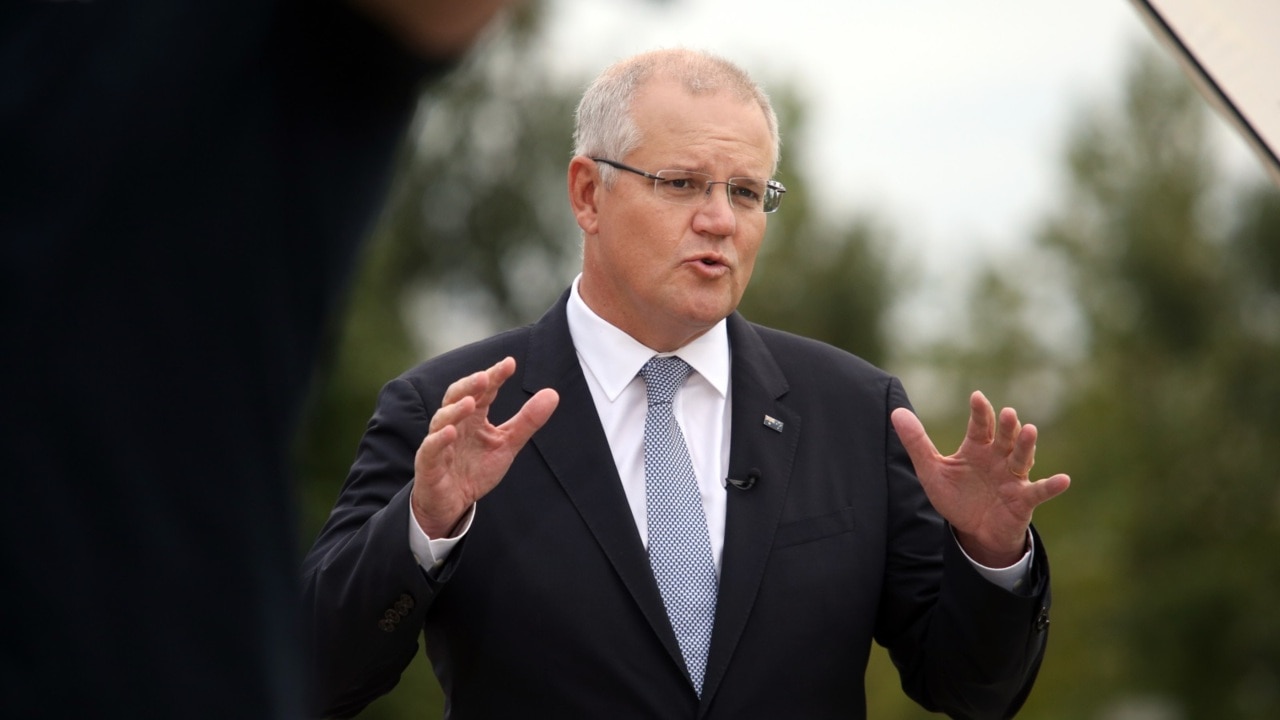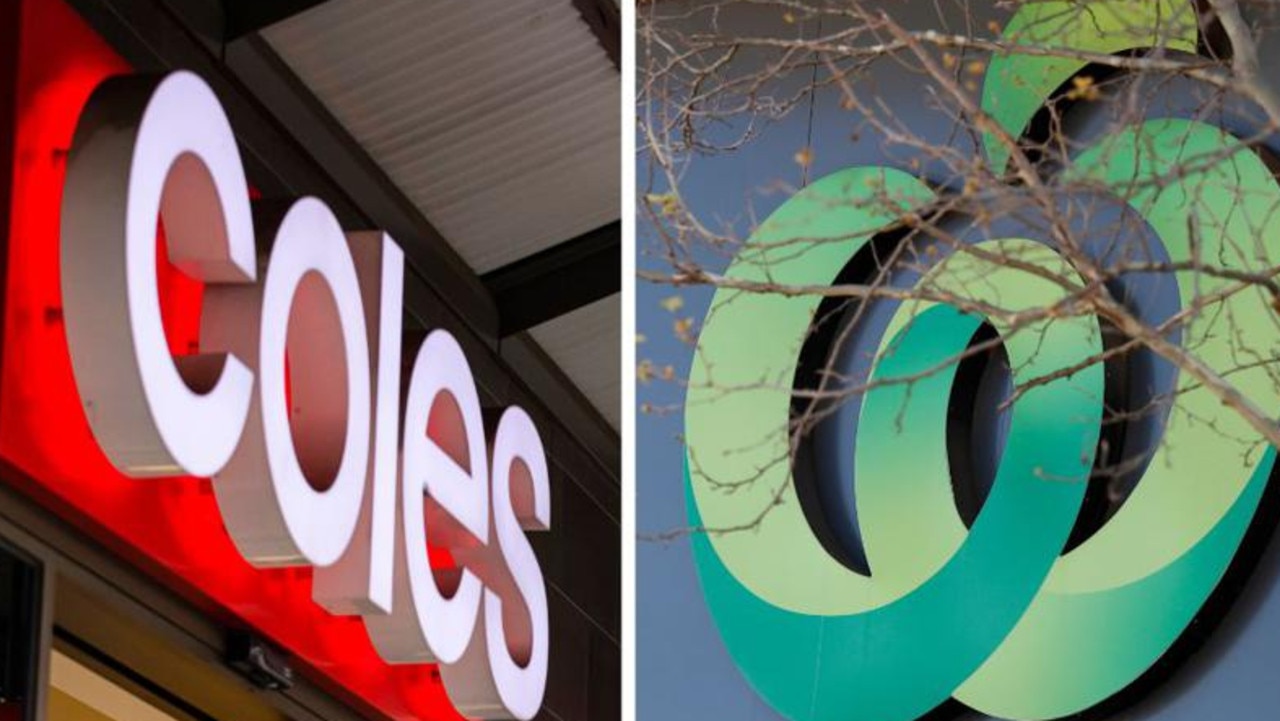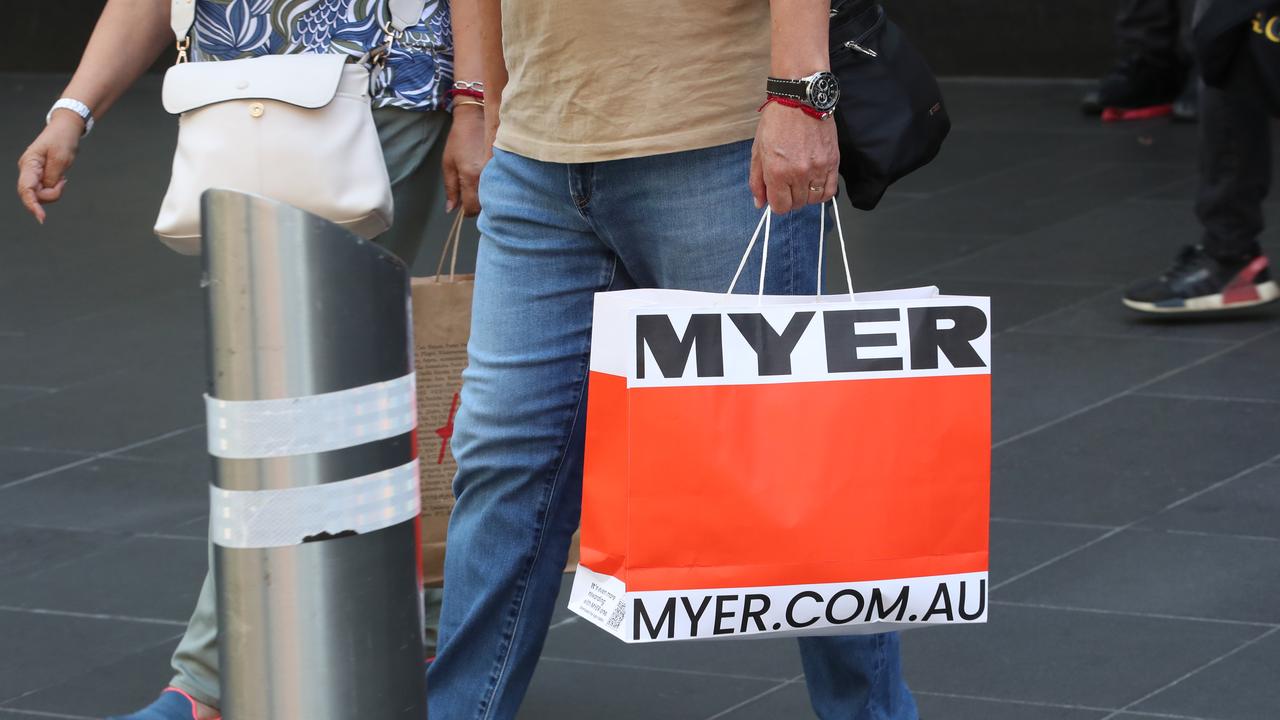Government offers small business owners $30,000 tax gift for FY20
Thousands of Australians have no idea this tax gift even exists. We speak to an expert to get all the tips to give the books a boost before June 30.

The next two weeks is the perfect time to buy a new car for the business or lash out on that walk-in freezer to take advantage of a lift in the Government’s asset write-off for small businesses.
Earlier this year, that instant asset write-off jumped from $25,000 to $30,000, but a new survey says a quarter of business owners have no idea the initiative has been bolstered.
The study conducted by Officeworks and H&R Block reveals 84 per cent of Australian owners won’t take advantage of the instant cash write-off at all this year, as the tax expert at accountancy firm Mark Chapman shares his tips to give the books a boost before June 30.
He says the increased write-off expense is a great way to start.
“As we get towards the end of the financial year, now is a good time to do some last-minute planning,” Mr Chapman told news.com.au.
The initiative will allow businesses to purchase items costing up to $30,000 each and get an immediate tax reduction when July 1 ticks over in a couple of weeks.
“It’s a really good time for a cash flow perspective to take advantage of that,” he said.
“It’s a real win for small businesses because if you’re buying tax-deductible office equipment, computers, laptops, tools, or even motor vehicles and utes, you write off the cost completely against your tax.”
Mr Chapman said this was a vital period for business owners to get their records in order and save thousands purely by timing the flow of money.
For instance, he suggests holding off sending out large invoices until the new financial year starts to limit where the business falls in the tax threshold.
Similarly, now is a good time to write off “bad debts” before July 1.
“Spend a bit of time looking at your debt listings. If there are any debts in there that you don’t think will ever be recovered, bad debts, then go through the process of formally writing those off by June 30,” Mr Chapman said.
“If you do, you can then claim that as a tax deduction.
“If you’ve got any obsolete stock sitting in your warehouse at the back of your premises that’s never going to get sold, write that off to claim a tax deduction.”
He said business owners were able to bring forward any large payments to this side of the financial year to also contribute to the claim.
“That’s great for things like insurance premiums, subscriptions, even rates payments,” the tax expert said.
MOST COMMON MISTAKES
Mr Chapman said the most common mistakes people made was a failure to keep organised records.
This can limit how much people can claim because they’ve lost the receipts or can’t prove a purchase.
“Make sure you’re not forgetting to claim things that you actually could claim for, things like working from expenses,” he said.
“If you spend time on weekends and in the evenings working from home, things like that are often forgotten by people who could have made a claim.”
This will allow you to claim a portion of your home bills such as electricity, internet, mobile and any depreciation on equipment like computers and printers.
“It’s surprising these days how many people use their own personal mobile phone for work use, so their work doesn’t supply a phone but they are expected to be on call 24-hours-a-day,” Mr Chapman said.
“That can very quickly add up that kind of thing.”

WORK EXPENSES TO WATCH*
• Claims for work-related clothing, dry cleaning and laundry expenses. The ATO has flagged it will be checking taxpayers who take advantage of the exemption from keeping receipts for people who spend less than $150 on laundry expenses. The ATO believes too many people are claiming this without actually incurring the expense.
• Deductions for home office use, including claiming for “occupation” costs like rent, rates and mortgage interest, which are not allowable unless you’re actually running a business from home.
• Overtime meal claims
• Union fees and subscriptions
• Mobile phone and internet costs, with a particular focus on people who are claiming the whole (or a substantial part) of the bill for their personal mobile as work related.
• Motor vehicle claims where taxpayers take advantage of the 68-cent-per-kilometre flat rate available for journeys up to 5000km. The ATO is concerned too many taxpayers are automatically claiming the 5000km limit regardless of the actual amount of travel.
• Incorrectly claiming deductions under the rule that allows taxpayers who have incurred work-related expenses of $300 or less in total to make a claim without receipts. The ATO believes some taxpayers are claiming this — or an amount just under $300 — without actually incurring the expenses at all.
DODGY PROPERTY DEDUCTIONS*
• The ATO has announced it will be paying close attention to excessive interest expense claims, such as where property owners have tried to claim borrowing costs on the family home as well as their rental property.
• It will also be looking at the incorrect apportionment of rental income and expenses between owners, such as where deductions on a jointly owned property are claimed by the owner with the higher taxable income rather than jointly.
• It will be looking at holiday homes that are not genuinely available for rent. Rental property owners should only claim for the periods the property is rented out or is genuinely available for rent. Periods of personal use can’t be claimed. This is particularly important for holiday homes where the ATO regularly finds evidence of homeowners claiming deductions for their holiday pad on the grounds it is being rented out when in reality the only people using it are the owners or their family and friends, often rent-free.
• It will be keeping a close eye on incorrect claims for newly purchased rental properties. The costs to repair damage and defects existing at the time of purchase or the costs of renovation cannot be claimed immediately. These costs are deductible instead over a number of years. Expect to see the ATO checking such claims and pushing back against claims that don’t stack up.
SHARING ECONOMY SHAKE-UP*
• The ATO will also be looking closely at those working in the shared economy to ensure income and expenses are correctly reported.
• Examples include transporting passengers for a fare (Uber), renting out parking spaces, providing skilled services such as web or trade services (Airtasker), supplying equipment or tools, completing odd jobs, errands or deliveries, or renting out equipment such as tools, musical instruments or sports equipment.
• Renting out a room or house for accommodation is a big one. Airbnb hosts are the obvious example. The ATO is believed to be particularly concerned about taxpayers claiming the full CGT main residence exemption when part of their main residence has been rented out through Airbnb — the law prevents a full CGT exemption where part of a main residence has been used to earn income.
* Source: H&R Block
Continue the conversation on Twitter @James_P_Hall or james.hall1@news.com.au





